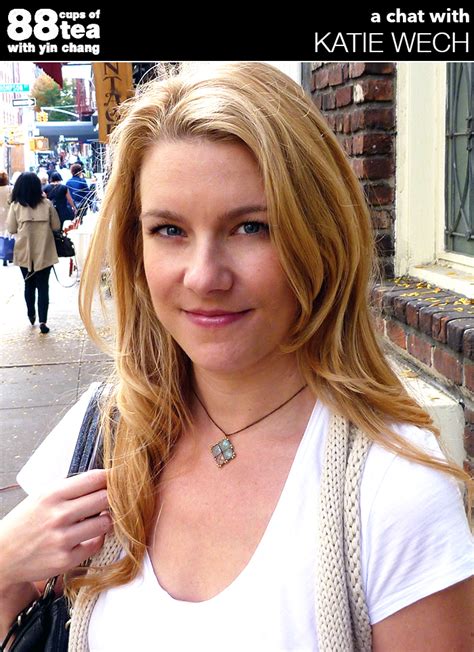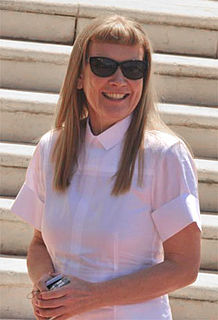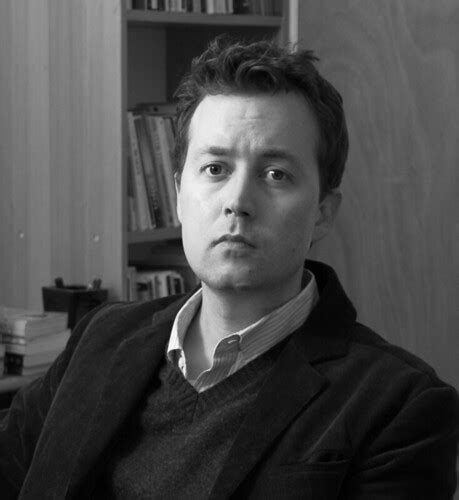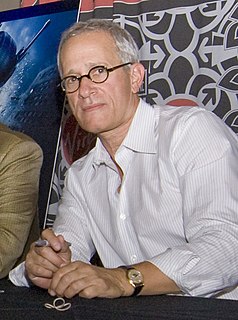A Quote by Paul Auster
The fiction is not autobiographical. Maybe to some extent it is, of course.
Related Quotes
I have very rarely written autobiographical stuff. "Greasy Lake" and some other works have some autobiographical elements, as does "Birnam Wood," the one I chose to end [this collection] with. I lived in that house and some of my feelings are expressed in it, but it's not autobiography. It was not me and that didn't happen exactly that way.
I think what people really want is fiction that in some tiny way makes their life more meaningful and makes the world seem like a richer place. The world is awfully short on joy and richness, and I think to some extent it’s the fiction writer’s job to salvage some of that and to give it to us in ways that we can believe in.
I would say that most of my books are contemporary realistic fiction... a couple, maybe three, fall into the 'historic fiction' category. Science fiction is not a favorite genre of mine, though I have greatly enjoyed some of the work of Ursula LeGuin. I haven't read much science fiction so I don't know other sci-fi authors.
It [also] lives on its history, now, to some extent: its achievements [ of the Commonwealth] in Rhodesia and South Africa, which were enormous. And they'll live on that for some time, I guess. And there is still - I'm out of touch with it now, of course - but I still think there is a degree of cooperation at the economic level, to some extent, with the more developed countries helping the less developed. How substantial that is now, I simply am not versed.


































